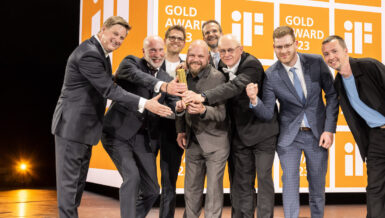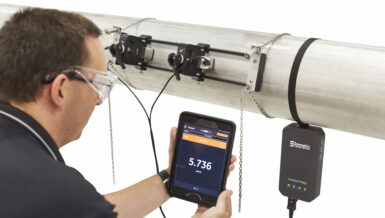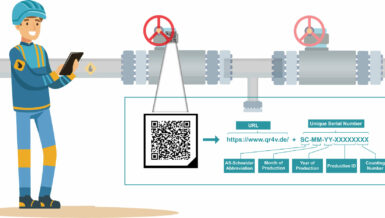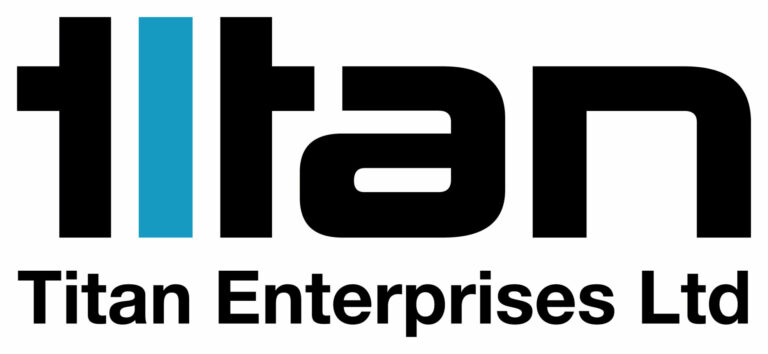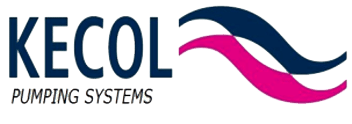These are widely used in critical liquid filtration processes in key industries such as municipal water, oil and gas, food and beverage, chemicals and coatings, and pharmaceuticals. Traditionally, monomers sourced from fossil fuels have been the base media feeding into the polymers involved in polypropylene manufacturing.
But now, under a ‘mass balance approach’ developed by Vienna-headquartered Borealis, a world leader in polymer development and manufacture, a proportion of the fossil-derived propane can be replaced by an identical volume of sustainable monomers that are tested to ensure the same level of quality. Amazon Filters’ product variations involve Borealis’ Bornewables polymers made from sustainably sourced renewable feedstocks. They are derived solely from waste and excess vegetable oils such as used cooking oil and residues from vegetable oil processing.
The approach has already been used in polypropylene manufacture by early adopters in the Netherlands, including in the production of medical face masks and other filter media. Describing the process, Amazon Filters Managing Director Neil Pizzey said raw waste vegetable oil collected from restaurants and the food industry is used to make the monomers that feed into the polypropylene manufacturing process in the same way as monomers sourced from fossil fuels.
“The bio-propane produced as the starter for the propylene and polypropylene production is exactly the same specification as the propane derived from conventional fossil-based feedstocks,” Neil explained. “Tests, including gas chromatography and differential scanning calorimetry, conducted on the bio-propylene monomer confirm the absence of any impurities in the sustainable material and so guarantee the equivalent standard.

“This ensures that the end user receives products of identical quality to the purely fossil-derived material but with the assurance of a reduced carbon footprint compared to conventional plastics. “The ‘mass balance’ approach is no different to using monomers sourced from fossil fuels that may originate in different locations, for example, oil from different countries that will have an inherent degree of variation.
“Customers can enjoy complete confidence that the sustainable cartridges perform to exactly the same level as the previous version and so have zero effect on their production activities or quality assurance standards. They can be reassured of a seamless transition to the sustainable versions.”
Borealis’ Bornewables manufacture is certified under ISCC PLUS, the International Sustainability and Carbon Certification system for supply chains. This confirms that the feedstock is sustainable and traceable to its point of origin.
The certification provides an independent and globally recognised assurance that there is a credible reduction of carbon footprint. A life cycle assessment study in accordance with the ISO 14040 and 14044:2006 standards has also been conducted to verify carbon reductions.
Borealis say that replacing one tonne of conventional polypropylene with the sustainable material will stop 2.1 tonnes of carbon emissions. That is equivalent to 95% of an average European household’s annual energy consumption, 20 meat-eaters going vegetarian for a month or the charging of 2,100 smartphones for a year. In terms of filter use, the carbon saving translates to a reduction of 1 kg in emissions for every 30” meltblown filter.

While both are examples of large-volume depth filters, SupaSpun II is a range of absolute-rated products whereas SupaGard is nominal-rated. SupaSpun is used in the water industry to help combat issues such as turbidity, high manganese and iron levels, and chlorine and cryptosporidium contamination. SupaSpun also provides essential pre-filtration for sulphate reduction membranes in the oil and gas industries.
The lower density SupaGard has applications in process engineering across a range of sectors including inks, paints, solvents and the prefiltration of food and beverages. Contour helps gas producers to remove black powder, a form of contamination that accumulates in offshore pipelines and other transmission lines, potentially affecting downstream equipment and instrumentation.
VisClear II is specifically designed for the sustainable manufacture of viscous solutions in the chemicals, coatings, inks and pharmaceuticals industries.

Neil Pizzey, MD, Amazon Filters





